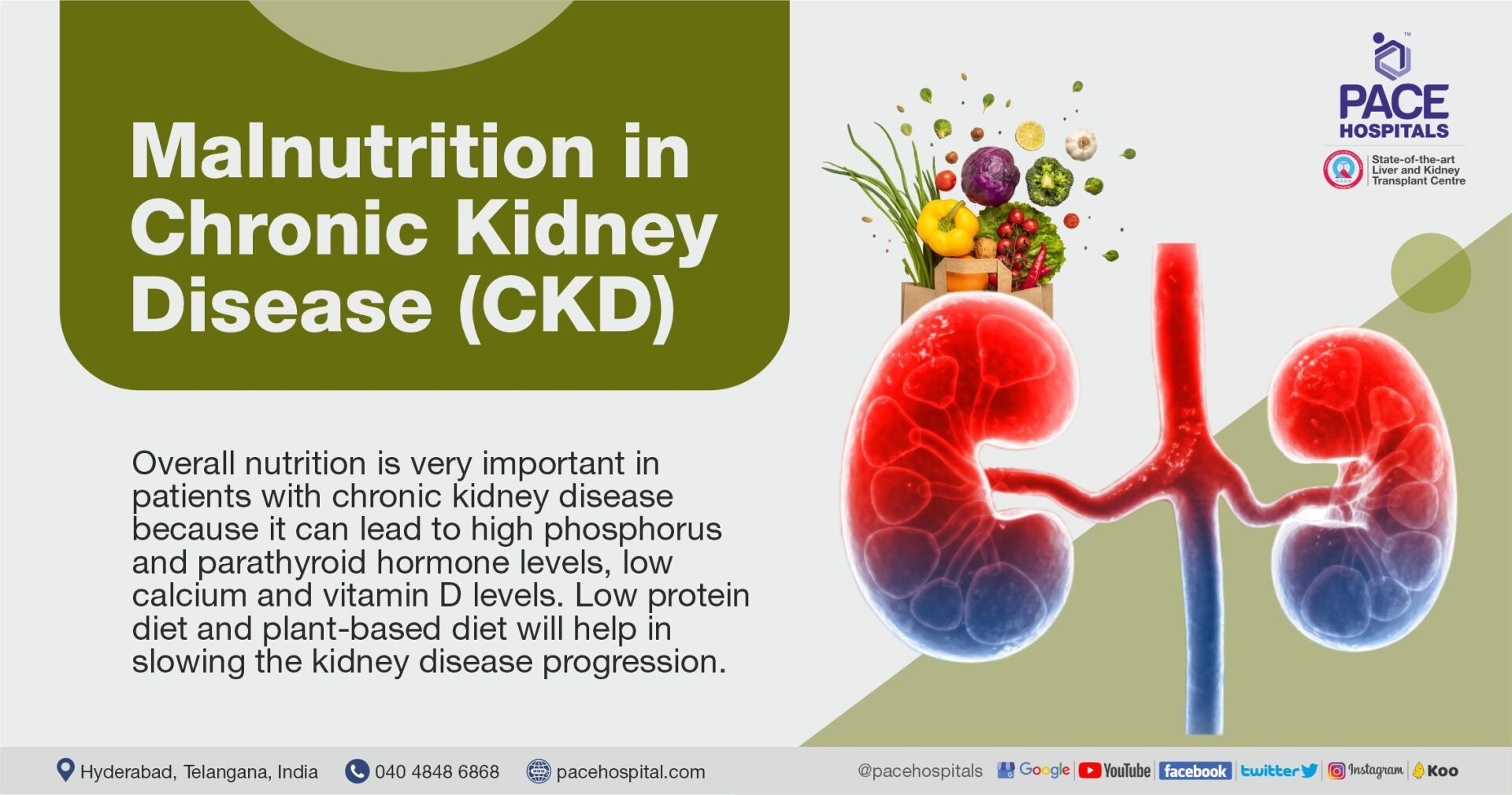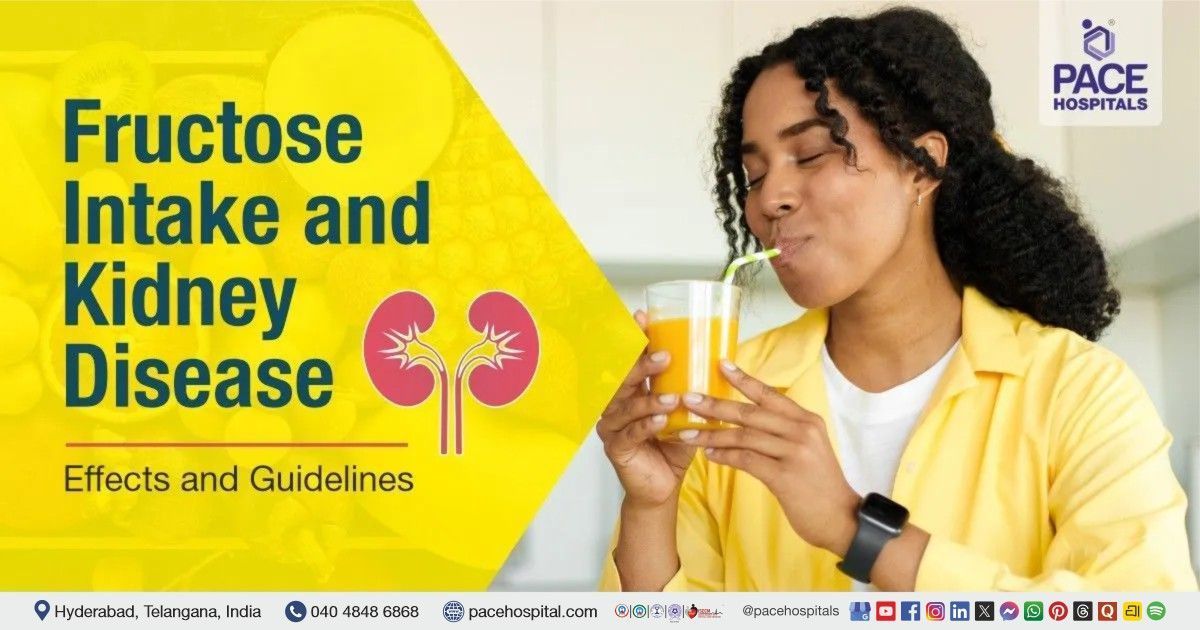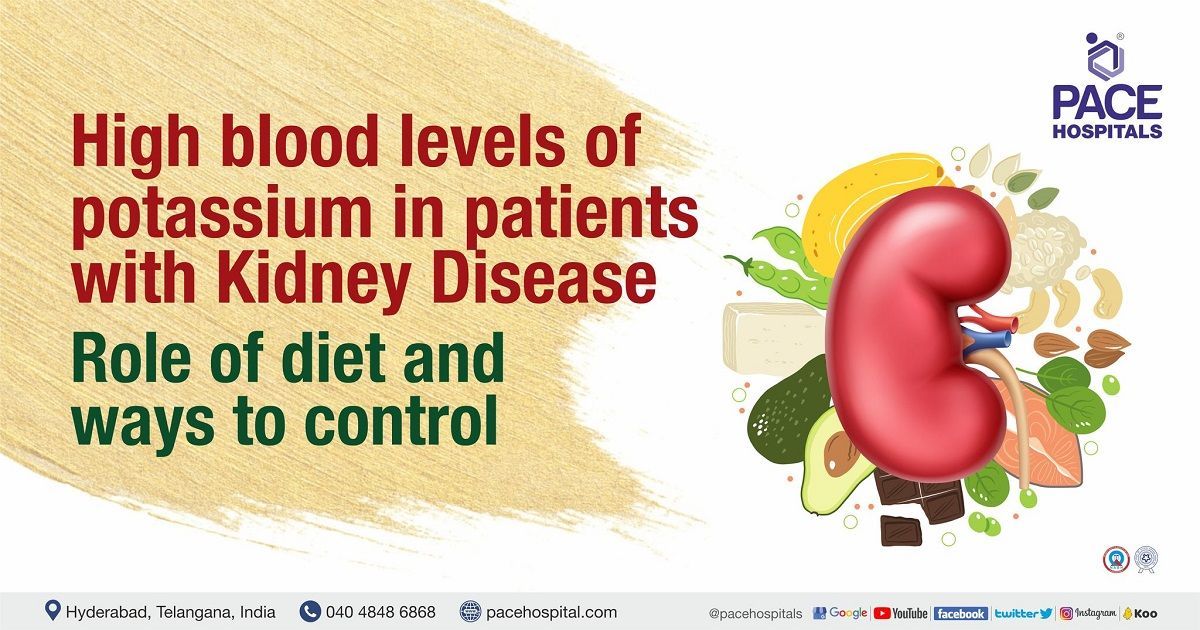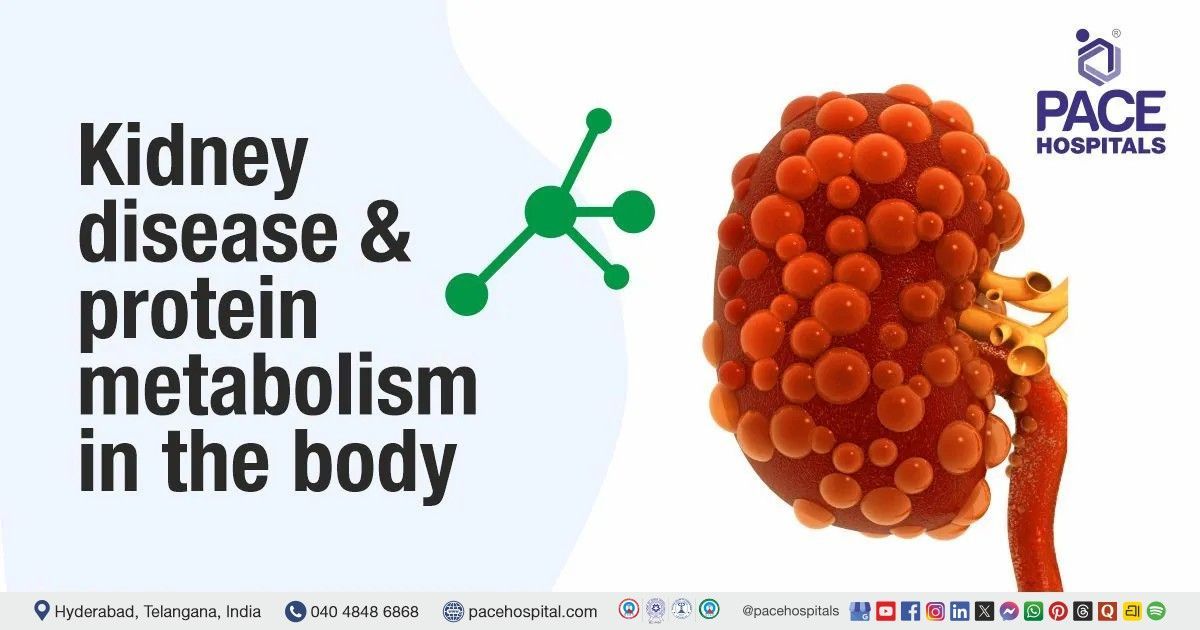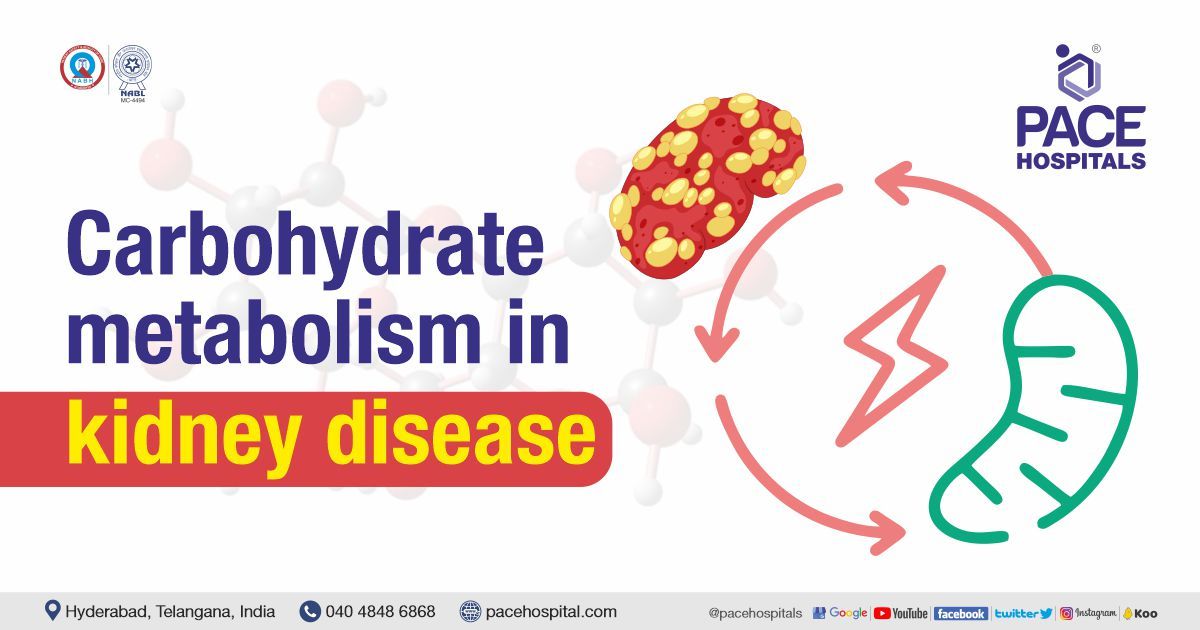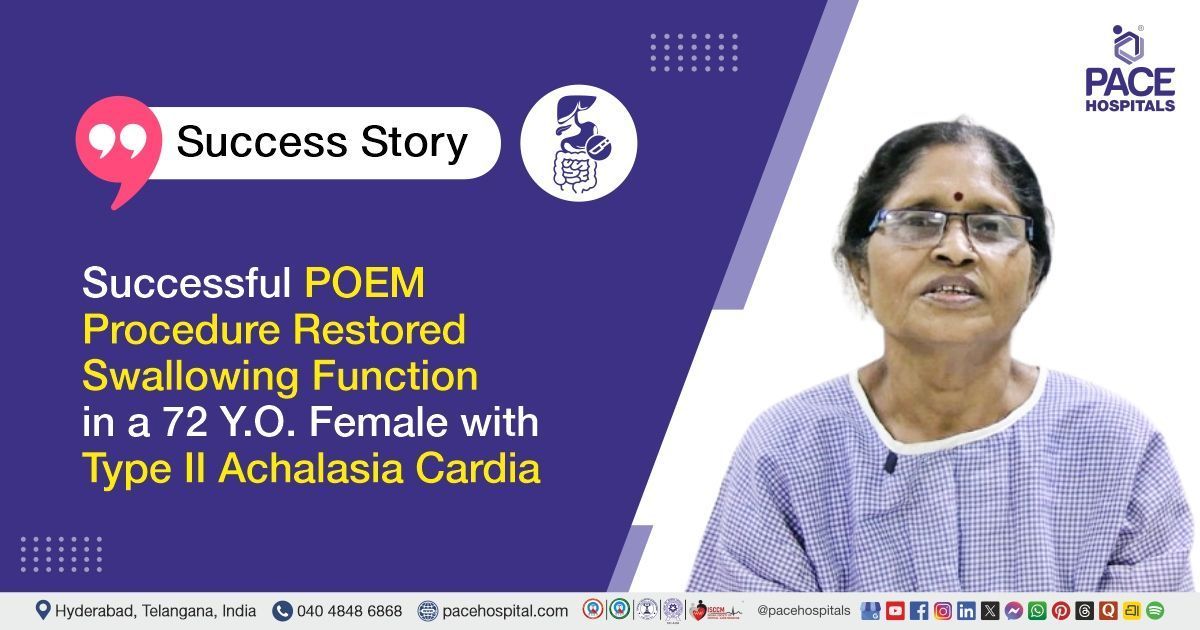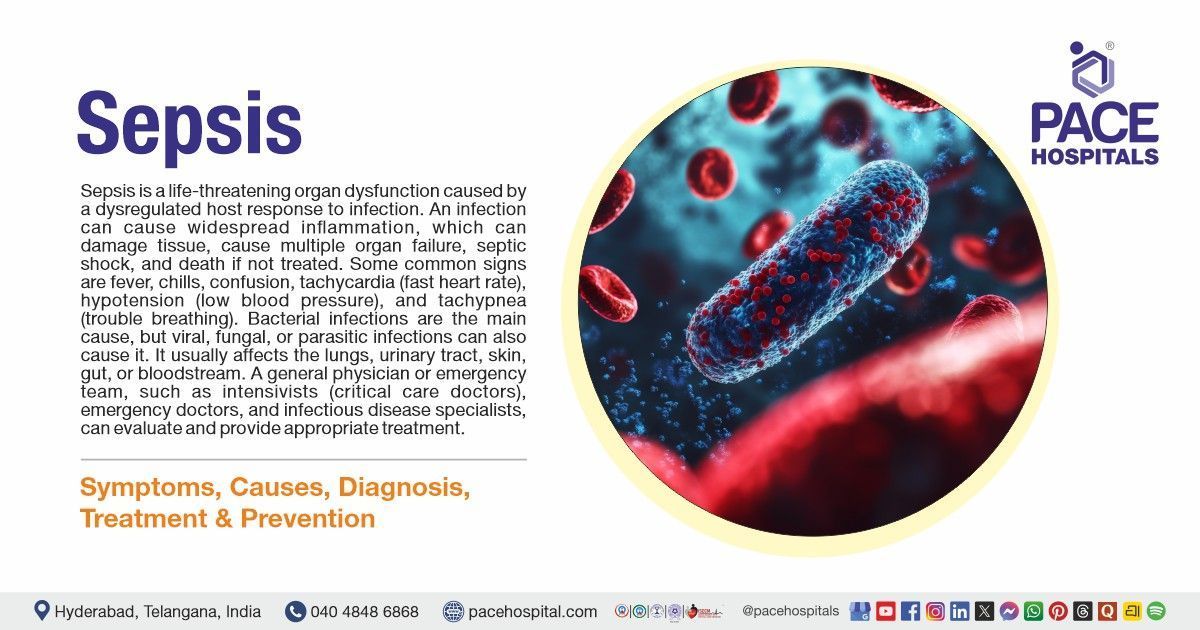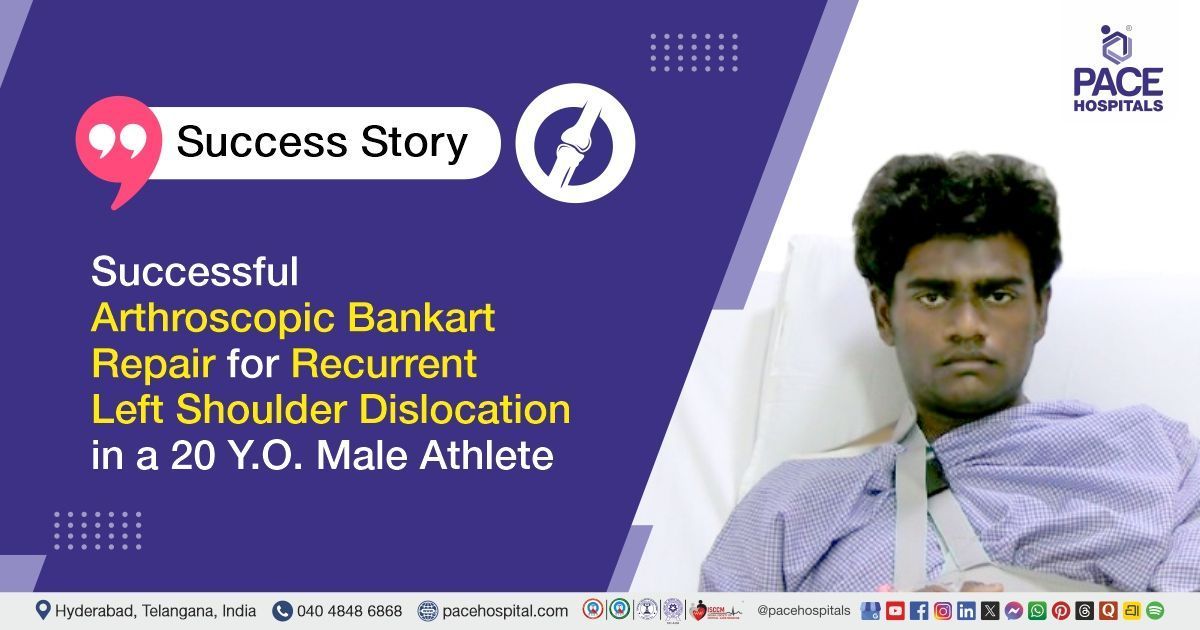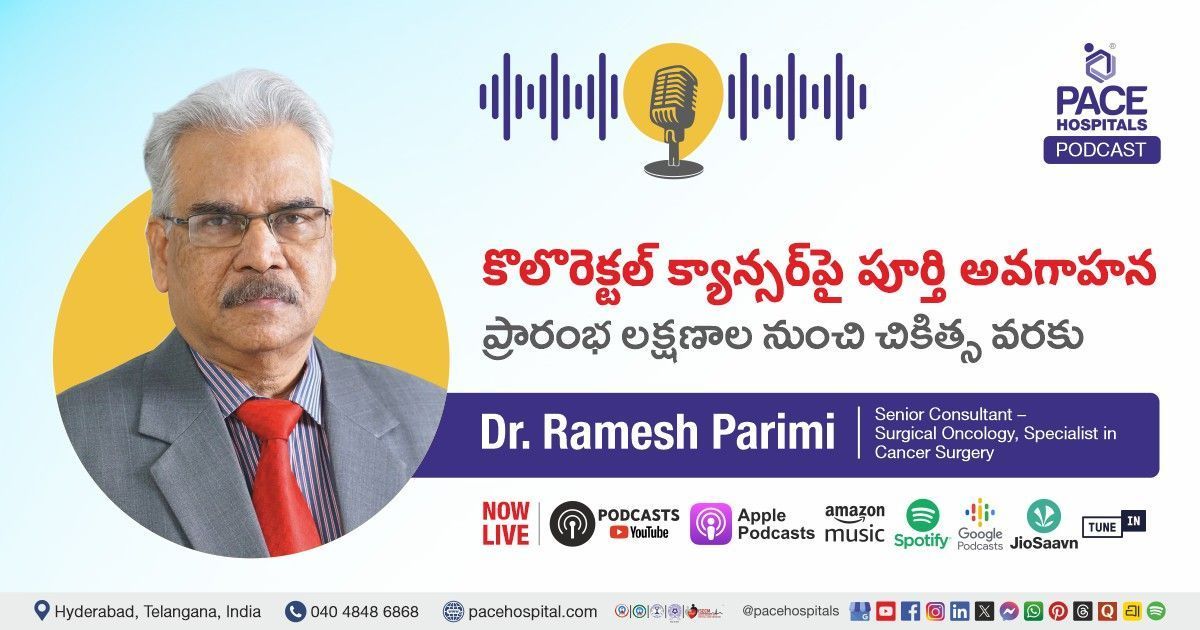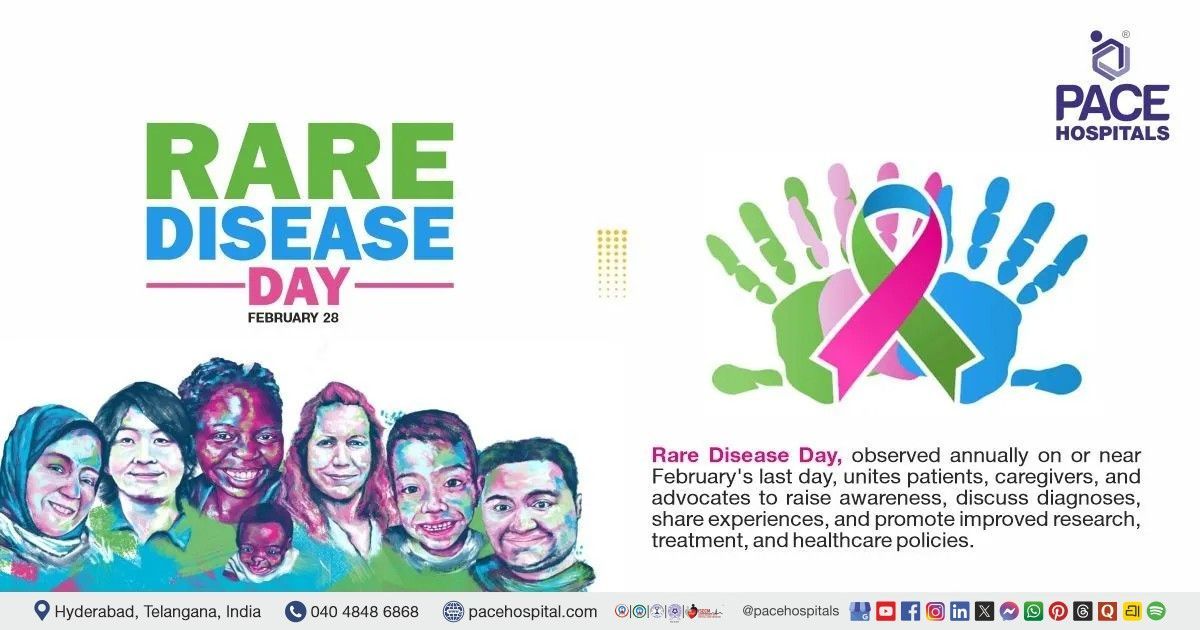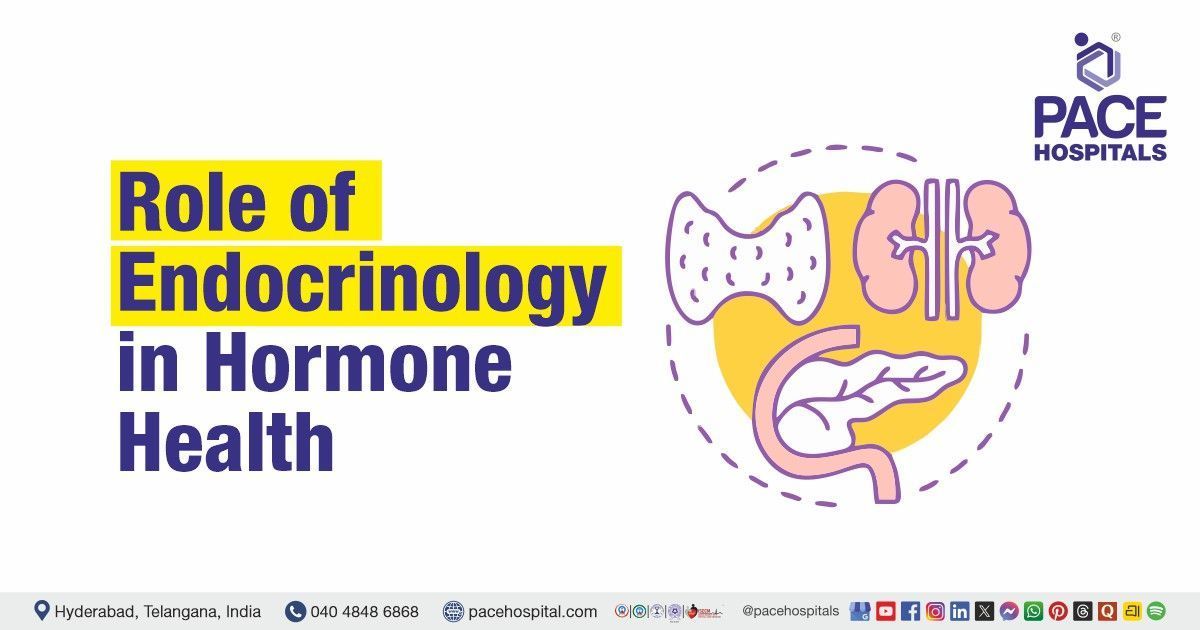Malnutrition in Chronic Kidney Disease | Protein Energy Wasting
PACE Hospitals
Human kidneys do a variety of functions which help to keep our body in optimal condition. Following are the kidney function:
- Removal of excess fluid from the body
- Removal of waste products from blood
- Maintains electrolyte and acid base balance
- Maintains blood pressure
- Promotes bone health
- Produces glucose
- Reabsorbs amino acids filtered from the blood
- Produces hormone called erythropoietin to maintain hemoglobin levels
Chronic kidney disease or CKD is a condition in which there is a defect in the function or structure or both of kidneys lasting for more than 3 months. Chronic kidney disease is generally a permanent damage which is irreversible and may progress to further worsening of kidney function. There are 5 stages in chronic kidney disease from stage 1 to stage 5 based on the glomerular filtration rate (GFR). Higher stage is suggestive of more severe damage to the kidneys.
Metabolic changes in Chronic Kidney Disease
Kidneys help in keeping the bone health. This they do by keeping calcium, phosphorus, vitamin D and parathyroid hormone levels in normal range. Chronic kidney disease can lead to high phosphorus and parathyroid hormone levels, low calcium and vitamin D levels. These changes can lead to weakening of bones with more risk of fractures. The changes in calcium and phosphorus can lead to their deposition in blood vessels supplying the heart, causing heart attacks and heart failure. Failure of kidneys can lead to low hemoglobin. High potassium levels in blood and acid accumulation also occur, as they cannot be excreted properly in urine. Malnutrition with muscle wasting (protein energy wasting) can develop in patients with kidney failure.
Protein energy wasting (PEW) is common in patients with chronic kidney disease. It is characterized by simultaneous loss of body protein and energy stores. It can be seen even in patients with lower stages of CKD like stage 3. As the severity of kidney disease increases, malnutrition also increases. Studies done in India have shown that up to more than 90% of patients on dialysis have malnutrition in lower income group. More than 60% of middle-income group patients on dialysis have malnutrition.
Why is identifying protein energy wasting (PEW) important?
Protein energy wasting leads to-
- Poor quality of life
- Infections
- Heart disease
- Lesser life expectancy compared to those without malnutrition
What causes protein energy wasting in CKD patients?
There are many reasons for Protein energy wasting (PEW) as explained below:
- Anorexia: increase in levels of hormones which suppress appetite in seen in CKD patients. This leads to decreased calorie intake and malnutrition.
- Acidosis: Acid accumulation because of the inability of the kidneys to excrete in urine leads to protein breakdown in the muscles. This lead STO lean muscle mass
- Increased energy expenditure: CKD patients have increased resting energy expenditure due to various reasons which leads to more energy consumption
- Increased inflammation: there is increased inflammation in the body of these patients which leads to protein breakdown and reduced protein synthesis in the liver (e.g., albumin)
How to identify protein energy wasting (PEW)?
There are specific scales like Subjective Global Assessment (SGA) and Malnutrition Inflammation Score (MIS) which are used in clinics by nephrologists and dieticians.
PEW is to be suspected if any or all of the following are present:
- More than 5% weight loss over 3 months or 10% over 6 months
- Decreased BMI
- Reduced albumin levels in blood
- Unintentional less intake of calories and protein for at least 2 months
- Muscle wasting (e.g., reduced arm circumference)
- Loss of strength / stamina
Importance of nutritional management in chronic kidney disease patients
Nutritional therapy is important in patients with kidney disease because it helps in a variety of ways as follows:
- Nutritional therapy prevents the occurrence of protein energy wasting, and it helps in treatment of protein energy wasting if it has already occurred
- It helps in managing symptoms of kidney failure due to accumulation of waste products
- It helps in correcting electrolyte levels
- It helps in correcting acid base balance
- It promotes bone health
- It prevents the accumulation of salt and water in the body
- It helps in delaying the progression of kidney disease
General guidelines for nutrition therapy
1. Protein in the diet
In patients with reduced kidney function, a smaller number of nephrons (functional units of kidney) are working compared to a kidney with normal function. Higher protein intake and more of animal protein intake (e.g., meat) will lead to more pressure in the remaining glomeruli. Higher pressure occurs in these glomeruli because excess protein in the diet will cause more blood supply, and it leads to damage to these remaining glomeruli and further worsening of kidney disease
In patients of CKD who are not dialysis dependent, it is advised to take less protein in the diet of 0.6-0.8gm/kg/day. Less protein intake leads to less acid generation, decreased pressure in glomeruli, less production of waste products in the body and decreased protein loss in urine. Animal proteins are digested in the intestines by bacteria and leads to toxin productions which can do harm to the body. Preferring plant-based protein prevents this, and plant protein compared to animal protein is less acid producing and is less in sodium content. In patients who are on dialysis it is advised to take proteins up to 1 -1.2gm/kg/day as these patients have increased protein breakdown and protein loss during dialysis procedure.
2. Energy requirement
Patients with CKD should take at least 30-35Kcal/kg body weight / day, with 50 to 60% calories from carbohydrates. Fats should be restricted to less than 30% of calories and fats should contain less of saturated fat. Saturated fats should be less than 10% of total fat intake. Avoid foods with high fructose content like fruit juices with added sugars, soft drinks etc., High fructose content foods can cause insulin resistance, increased uric acid levels and heart disease.
3. Sodium
Sodium restriction in patients with CKD helps in lowering blood pressure, slowing the progression of kidney disease and improves the cardiovascular outcome of the patient. Excess sodium intake in patients on dialysis leads to excess weight gain, as sodium retains water in the body. Removal of this excess water during dialysis can lead to complications like drop in blood pressure and weakness. Recommended amount of salt to be taken per day in less than 5.5 grams (less than 2300 mg of sodium). Each gram of salt contains around 400 mg of sodium.
4. Dietary fiber
Constipation is common in patients with CKD because of the toxins which get accumulated in the body and altered bacterial composition in the gut. Fiber in the diet is broken down by good bacteria in the gut to produce products which strengthen the gut wall. In CKD patients’ good bacteria are decreased and bad bacteria are increased in the gut which breakdown protein in the diet to toxins which are absorbed and gut wall is damaged. It is advised to take at least 25grams of fiber in the diet to prevent constipation and maintain healthy gut flora.
Overall nutrition is very important in patients with chronic kidney disease. Low protein diet and plant-based diet will help in slowing the kidney disease progression. Avoiding constipation and restricting sodium will help in preventing complications related to CKD.
Related article
Share on
Request an appointment
Fill in the appointment form or call us instantly to book a confirmed appointment with our super specialist at 04048486868

